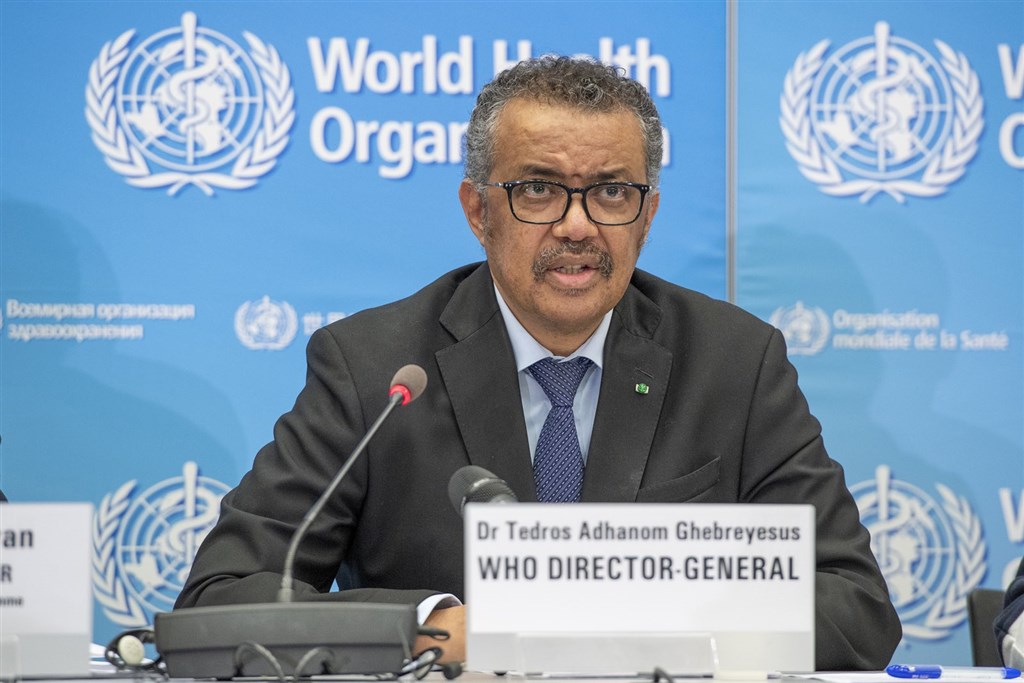WHO warns against 'herd immunity' theory


The World Health Organization's director-general said using herd immunity as a strategy to respond to the novel coronavirus outbreak is "scientifically and ethically problematic".
Speaking at the latest media briefing in Geneva, Tedros Adhanom Ghebreyesus, commented on recent discussions about the concept of reaching so-called herd immunity by letting the virus spread.
He said that herd immunity is achieved by protecting people from a virus, not by exposing them to it.
"Never in the history of public health has herd immunity been used as a strategy for responding to an outbreak, let alone a pandemic. It is scientifically and ethically problematic," Tedros said, adding that not enough is known about immunity to COVID-19.
"Most people who are infected with the virus that causes COVID-19 develop an immune response within the first few weeks, but we don't know how strong or lasting that immune response is, or how it differs for different people. We have some clues, but we don't have the complete picture," he said.
He also noted examples of people being infected with COVID-19 and then catching it for a second time.
Tedros also said that the vast majority of people in most countries remain at risk to this virus.
"Seroprevalence surveys suggest that in most countries, less than 10 percent of the population have been infected with the COVID-19 virus," he said. "Letting the virus circulate unchecked therefore means allowing unnecessary infections, suffering and death."
He reiterated that although older people and those with underlying conditions are most at risk, people of all ages have died from the disease.
"We're only beginning to understand the long-term health impacts among people with COVID-19. I have met with patient groups suffering with what is now being described as 'Long COVID' to understand their suffering and needs so we can advance research and rehabilitation," he said. "Allowing a dangerous virus that we don't fully understand to run free is simply unethical. It's not an option."
The WHO director-general said his organization is hopeful that countries will use targeted interventions where and when needed, based on the local situation.
"We well understand the frustration that many people, communities and governments are feeling as the pandemic drags on, and as cases rise again," he said. "There are no shortcuts, and no silver bullets. The answer is a comprehensive approach, using every tool in the toolbox."
































